10 best home foods which will give you protein
Protein is vital for health, boosting energy, building muscles, and supporting structural fibers. Many people find most of their protein in specialized diets, While some rely on specialized diets, numerous tasty homemade foods can provide ample protein. Here’s a list of ten protein-rich homemade options.
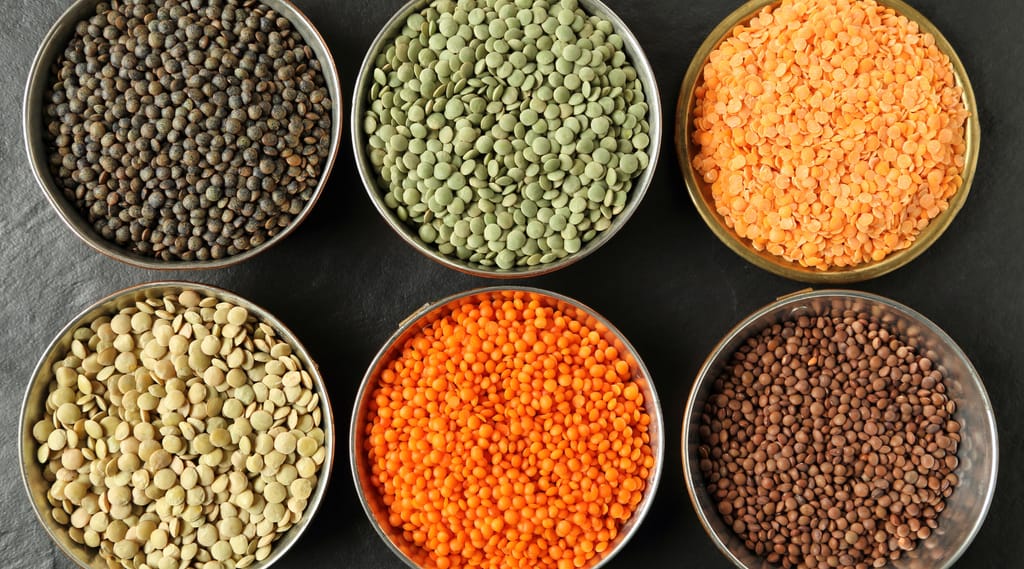
Lentils: Lentils are an excellent source that provides lots of protein, fiber, and vitamins. The amount of protein per 100 grams of raw lentils can be 22 to 25 grams. This name tops the list of pulses rich in protein, urad dal, masoor dal, and moong dal.
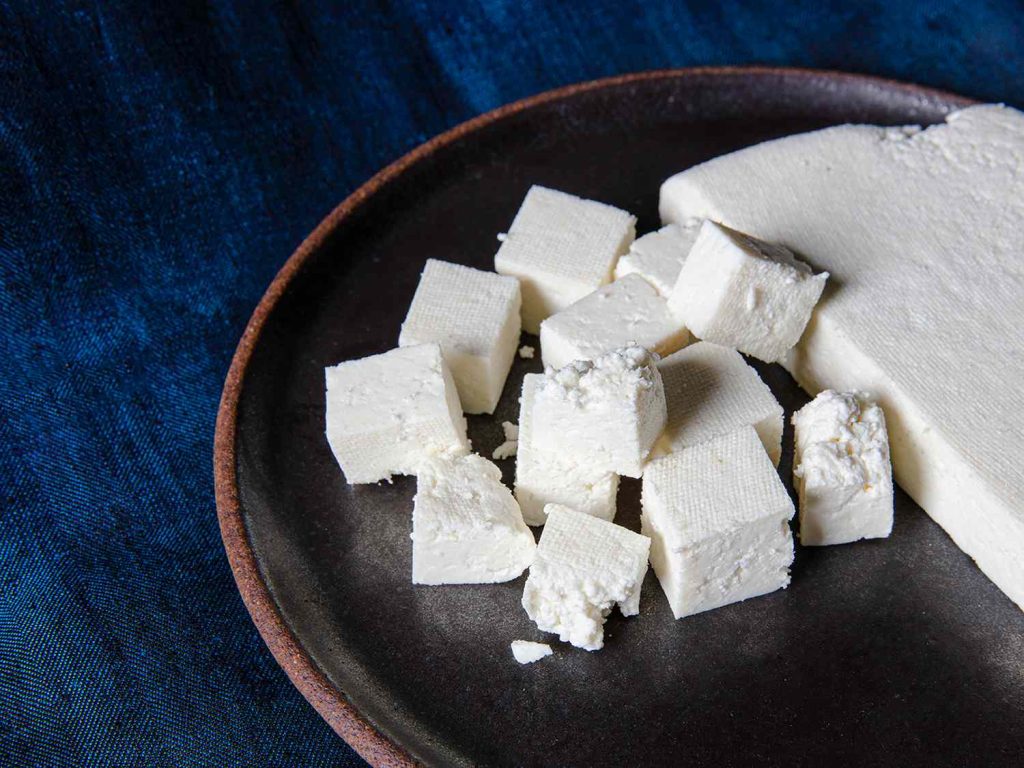
Paneer: A substitute for chicken is paneer. It contains a lot of casein protein. In 100 gm of cheese, there are 18 gm of protein. A meal high in protein, paneer may be eaten raw or cooked and is great with salad, veggies, or sauce. One of the greatest alternatives if you’re a vegetarian looking to up your protein consumption is paneer.
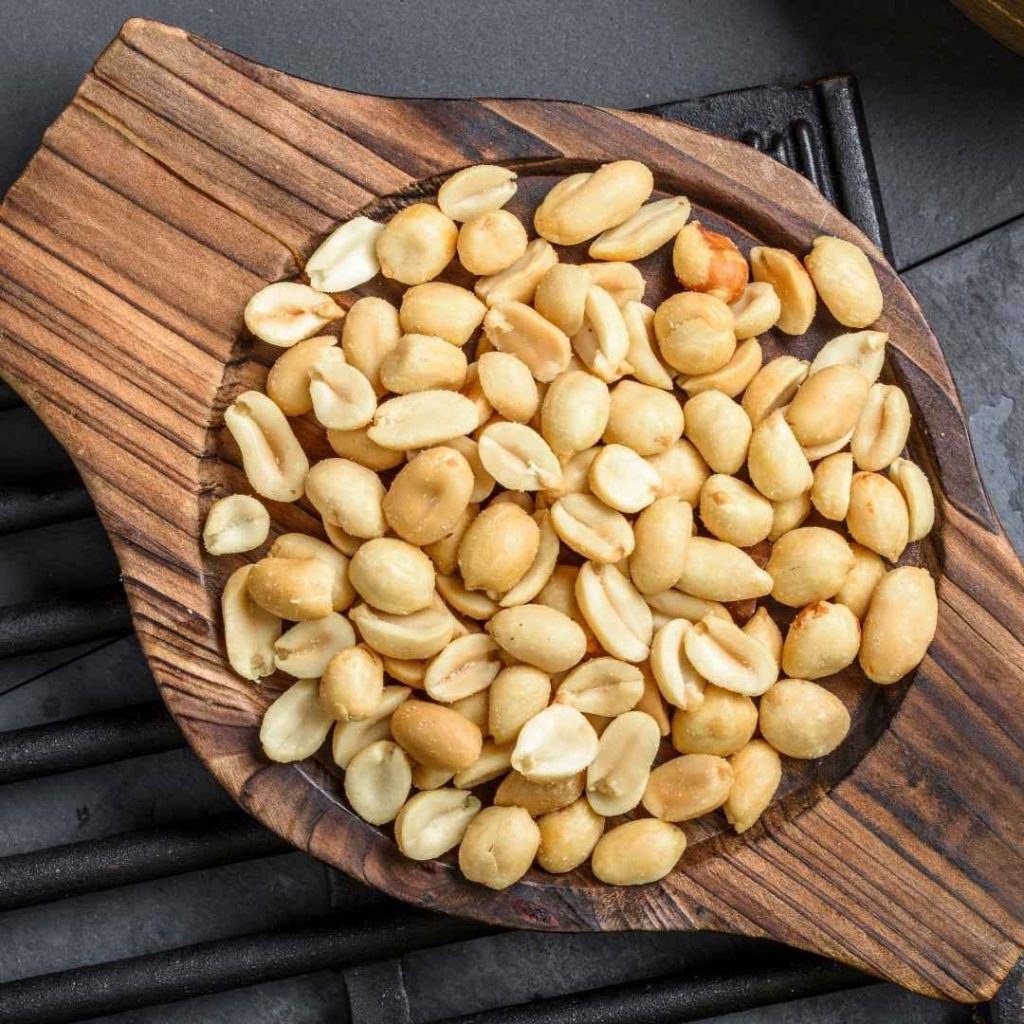
Peanuts: Peanuts stand out as a prominent oilseed crop and serve as a highly economical source of plant-based protein. With protein content surpassing that of meat by 1.5 times, peanuts emerge as an unparalleled nutritional powerhouse. They provide comparable health benefits to their pricier nut counterparts, making them an unbeatable choice for a cost-effective and nutritious dietary option.
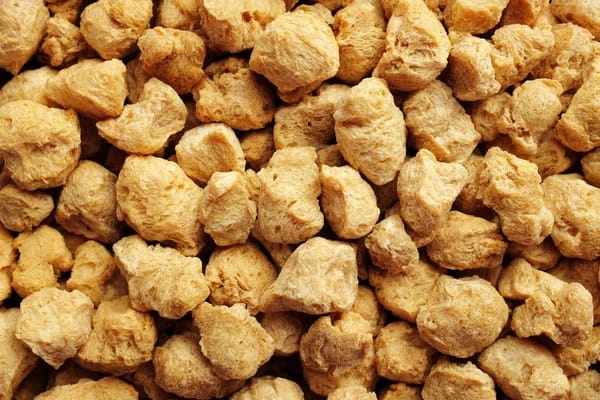
Soybeans, classified as a pulse crop, are often hailed as a plant-based protein powerhouse, earning them the moniker “vegetarian meat.” Boasting approximately 16.6 grams of protein per 100 grams when boiled, soybeans stand out as a nutritional gem. Beyond their protein content, these legumes offer a plethora of health advantages, contributing positively to heart health, skin radiance, hair vitality, and even bone strength. Embracing soybeans in your diet not only satisfies protein needs but also nourishes various aspects of your overall well-being.
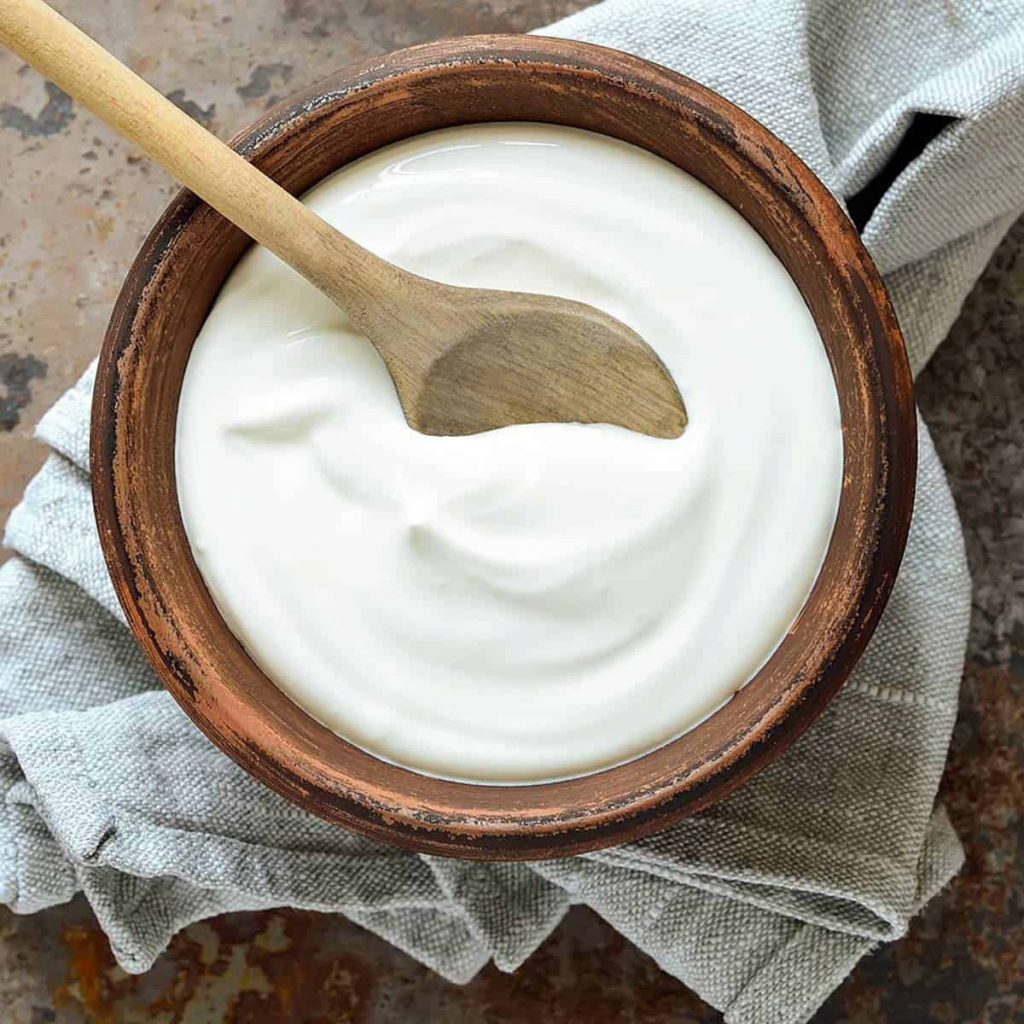
Yogurt: Milk is fermented by microorganisms to produce this dairy product. Probiotics, minerals, vitamins, and other nutritionally beneficial ingredients abound in yogurt. 10.3 gm of protein is included in 100 gm of Greek yogurt prepared from nonfat milk.
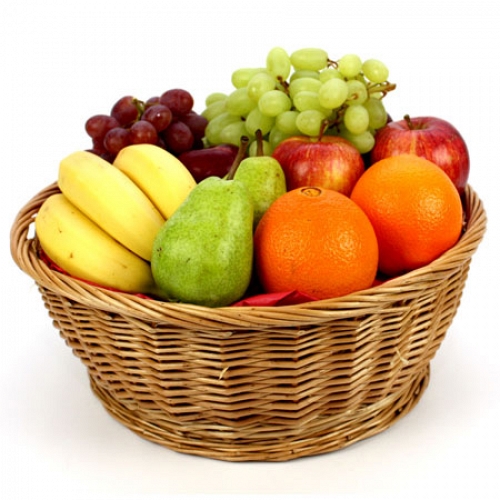
Fresh Fruits: Include fresh fruits in your diet to increase your intake of essential vitamins. This may be an enjoyable endeavor. This one takes the role of fruit with the greatest protein content, with oranges, bananas, kiwis, avocados, and guavas following closely after. About 3–4 grams of protein are included in each cup of these fruits.
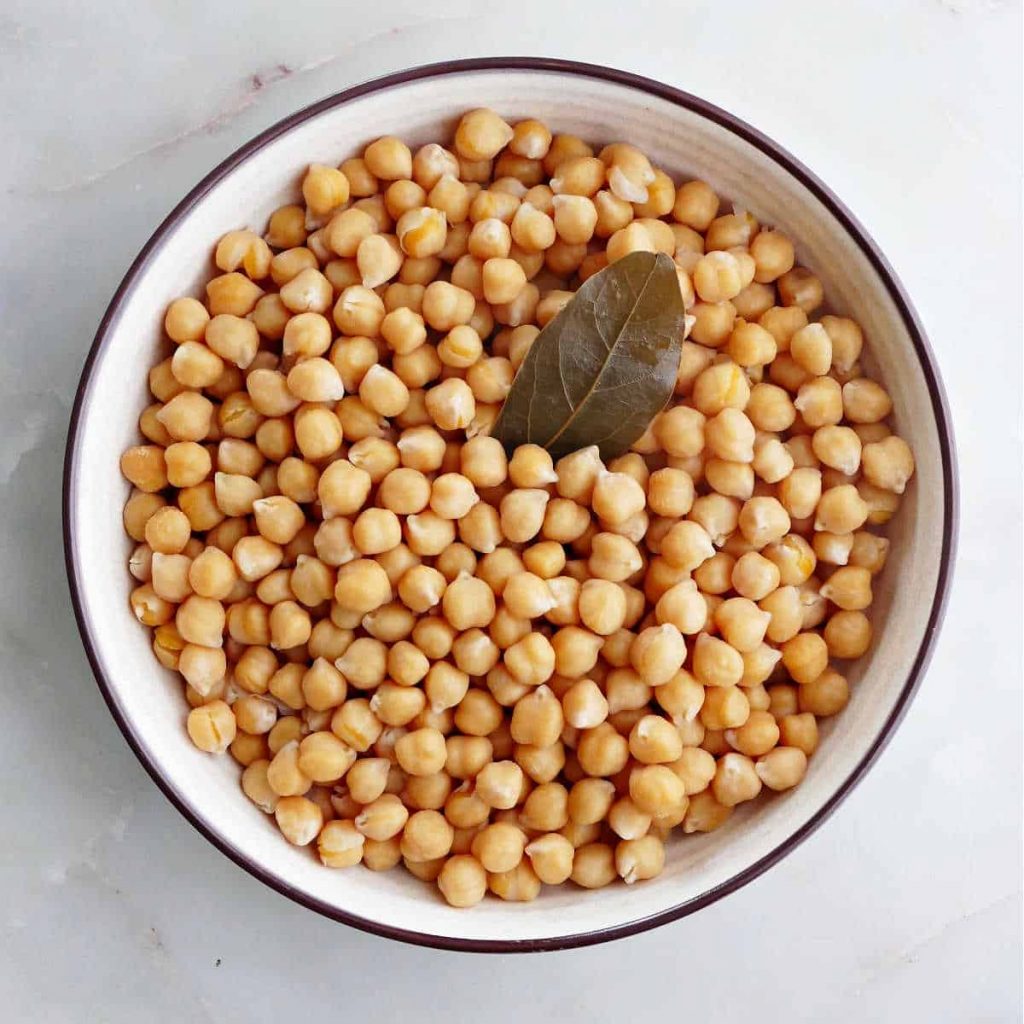
Chickpeas: Chickpeas contain many nutrients including protein, which is essential for bone, muscle, and skin health. The iron, calcium, and other nutrients present in the gram may contribute to healthy bone structure and strength. A 100-gram portion of chickpeas provides 19 grams of protein.
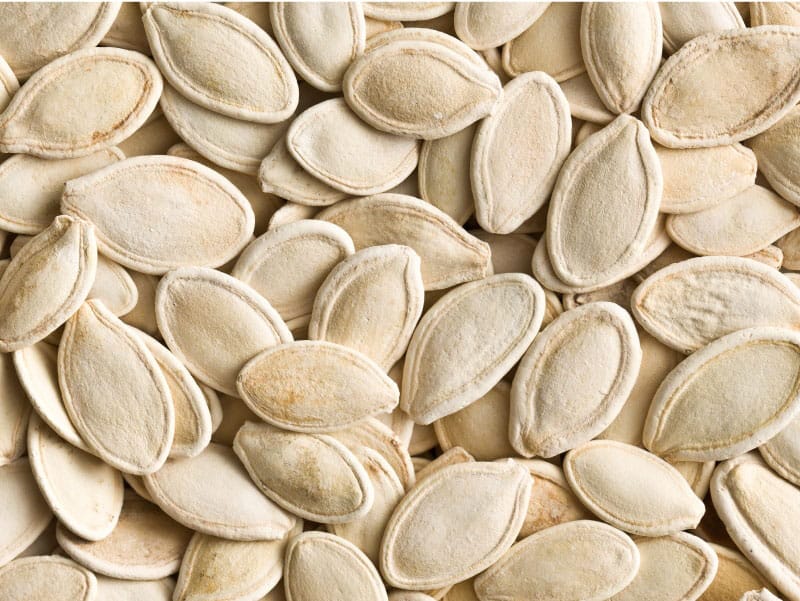
Pumpkin seeds: Pumpkin seeds provide antioxidants, fiber, healthy fats, magnesium, protein, and more. You can enjoy pumpkin seeds as a snack or in a variety of dishes. 100 grams of pumpkin seeds provide 19 grams of protein.
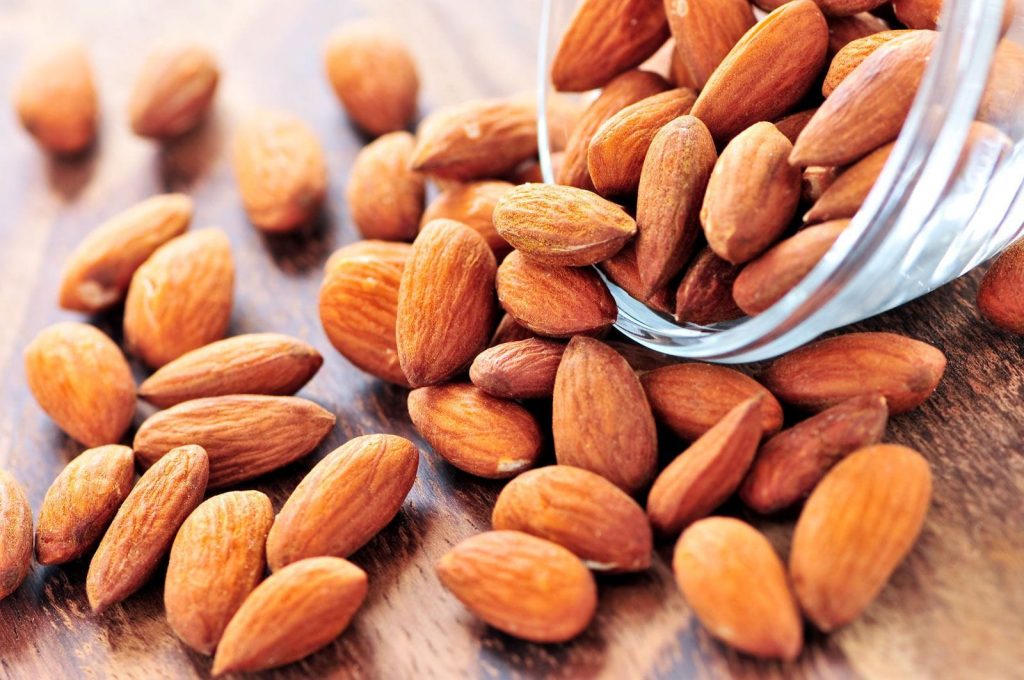
Almonds: Almonds are high in protein and fiber. Both protein and fiber are known to increase feelings of satiety. This can help you stop overeating. Almonds provide about 21 grams of protein.
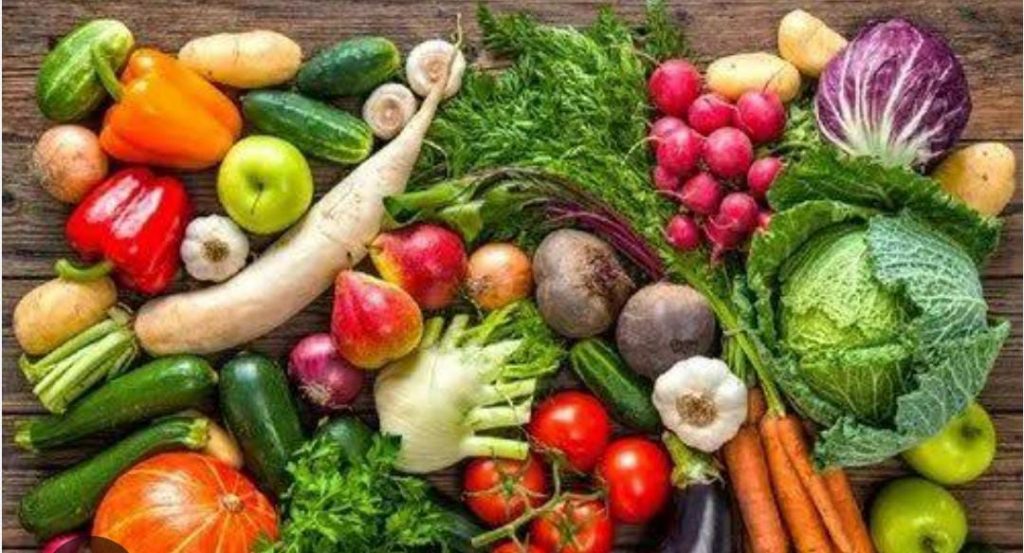
Fresh Vegetables: Adding plant-based proteins to your diet can help you meet your protein needs. Many vegetables are also good sources of protein, including broccoli, spinach, potatoes, and green peas.








